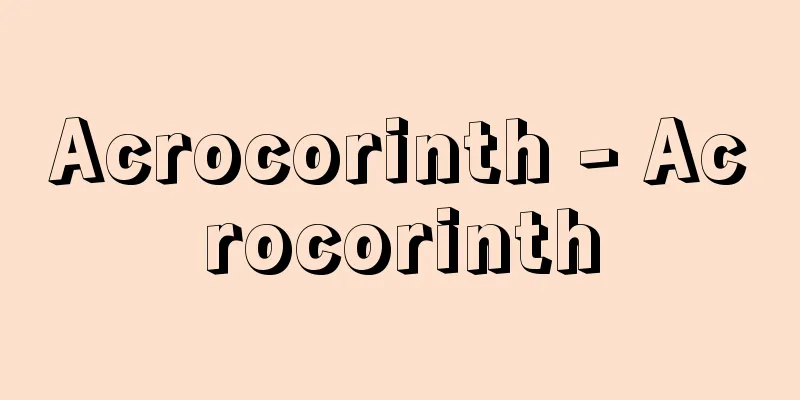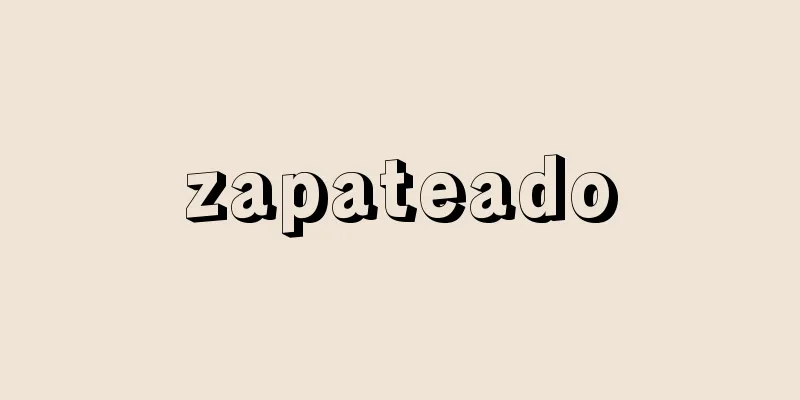Rake - Bear

|
〘Noun〙① A long-handled tool with iron claws reminiscent of a bear's paws attached to the end of a stick. Used to hook things. It was also used as equipment on boats and as a weapon. Nowadays, it is used for clearing land, ditching ditches, and raking up garbage. Iron tower. ※Azuma Kagami - March 24, 1185 ( Genryaku 2 ) "When Kenreimon'in Fujishige's dress drowned, Watanabe party Gengo Masanobu took two rakes and presented them to her ." ※Reading book Nanso Satomi Hakkenden (1814-42 ) 5 "Machinobu put the rake over his collar and pulled it down while leaning backward ." ② A long handle is attached to a bamboo stick bent into a hook shape and arranged like the teeth of a comb. Used to rake up fallen leaves and grains. A bamboo broom. *The Eight Volumes of Flower Teaching (1573-92), 6: "Takasago, our stream has a rake. <Omitted> When they say that the leaves do not fall on the bamboo rake, a rake would be the best choice." ③ A lucky charm made of bamboo that is said to rake in good fortune and is sold at Tori no Ichi (the Bird Market ) . It is sold at shrines all over the country, including Otori Shrine in Taito Ward, Tokyo, and is sold with models of a treasure ship, a Okame mask, oval coins, and a measuring cup. [Season: Winter] *Miscellaneous Haiku: Kawabyaryu (1780-83), 5: "The more you buy a tiny rake, the more left over." ④ (Because ① and ② are tools for rake up things) A metaphor for a very greedy person. Greedy. A greedy person. ※Ukiyo-zoshi, Keisei Kin Tanki (1711), vol. 5 “What I am saying is a greedy rake , so please don’t listen to me.” Source: The Selected Edition of the Japanese Language Dictionary About the Selected Edition of the Japanese Language Dictionary Information |
|
〘名〙① 熊の手を連想させる鉄の爪を棒の先につけた長柄の道具。物をひっかけるのに用いる。舟の備品や武器としても利用された。現在では、土地の開墾やどぶさらい、また、ごみなどをかきよせるのに用いる。鉄搭(てっとう)。※吾妻鏡‐元暦二年(1185)三月二四日「建礼門院 藤重御衣 入水御之処、渡部党源五馬允、以二熊手一奉レ取レ之」※読本・南総里見八犬伝(1814‐42)五「町進が衿上へ、抓子棒(クマデ)を楚(しか)とうち被(かけ)て、仰(のけ)ざまに引落しつつ」② 竹の先端をかぎ形に曲げ、くしの歯のように並べたものに長い柄をつけたもの。落ち葉や穀物などをかき集めるのに用いる。くまでぼうき。※八帖花伝書(1573‐92)六「高砂、当流はくまでをもつ。〈略〉かけども落葉のつきせぬはといふ時は、くまで、尤に候」③ 酉(とり)の市に売り出される、福徳をかき集めるという竹製の縁起物。東京都台東区にある鷲(おおとり)神社をはじめ、各地の神社で売り出され、宝船、おかめの面、小判、ますなどの模型をつけて売られる。《季・冬》※雑俳・川傍柳(1780‐83)五「ちっぽけな熊手買ほど屓け残り」④ (①②が物をかき集める道具であるところから) ひじょうに欲の深い人をたとえていう。欲張り。強欲者。※浮世草子・傾城禁短気(1711)五「私が申事は欲が深いの熊手(クマデ)じゃのと、お聞入なされませぬが」
出典 精選版 日本国語大辞典精選版 日本国語大辞典について 情報 |
<<: Kumatori [town] - Kumatori
Recommend
Back door - Urakido
〘 noun 〙① A back door. A back door. ※Essays, Omoid...
Canis lupus (English spelling)
...There are three species: the gray wolf, the Ja...
The Cowherd and the Weaver Girl (English: Qiān niú, Zhī nǚ)
A male and female pair of deities found in Chinese...
Syncretism
It refers to the act and result of trying to compr...
Dominican Republic - República Dominicana
It is a subtropical country located in the Greate...
Entering the river - Kawairi
The Water God Festival is held on June 1st. In som...
Epidendrum marie (English spelling)
…[Koichi Ejiri]. … *Some of the terminology that ...
Administrative regulations - Gyoseikitei
…Under the current Japanese constitution, the Die...
Paper nautilus (Aoi-gai) - Paper nautilus (English spelling)
An octopus of the family Malvaceae (illustration) ...
Core Rock - Kakugan
…For example, in the area of the famous Simplon...
Gadda - Carlo Emilio Gadda
Italian author. Born on November 14th to a fallen...
Mausoleum of the First Emperor - Shi-huang-ling
The tomb of the First Qin Emperor, located about 5...
Tango - tango (English spelling) tango Spanish
A type of Latin American dance music. There are v...
Kagoshima Main Line - Kagoshima Main Line
The name of the Kyushu Railway Company (JR Kyushu...
Samara
…The capital of the eponymous region in the south...









